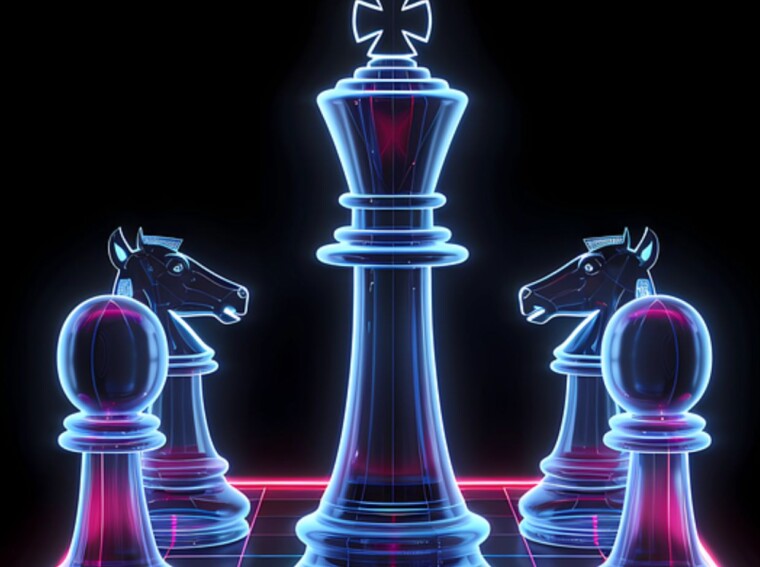Magnus Carlsen has long been a dominating force in the world of chess, and his recent victory at the eSports World Cup has added a new dimension to the game. This win not only solidifies Carlsen’s status as a chess legend but also highlights the potential for chess to merge with the digital gaming realm, especially for fans who enjoy analyzing the odds of competitive events.
As eSports continue to rise in popularity, Carlsen’s success raises questions about how traditional chess may evolve and adapt to fit into this new landscape, so let’s dive straight in to find out more.
The intersection of chess and eSports
While chess has historically maintained a prestigious and traditional reputation, its crossover into the modern digital eSports arena signifies a significant shift in how the game is perceived. Traditional chess has long appealed to a dedicated fan base, but the infusion of video game culture is now attracting a younger audience eager for engaging, competitive content.
Carlsen’s participation in the eSports World Cup shows that championing chess doesn’t mean abandoning its roots. Instead, it illustrates that the sport can coexist and thrive within the modern gaming ecosystem.
As a growing number of live streaming platforms and online chess tournaments become increasingly accessible, chess enthusiasts can now engage with the game in innovative new ways, from live-streamed tournaments in real-time with interactive content to social media challenges.
Expanding the audience
One of the most exciting implications of Carlsen’s eSports World Cup victory is the potential to expand the audience for chess. The merging of online betting and chess viewing creates a new layer of excitement for fans.
Enthusiasts looking to enhance their chess experience may find themselves exploring some of the iGaming industry’s most highly competitive odds and other betting strategies, further intertwining traditional chess with modern gaming. This opens up avenues for broader participation, as casual observers become more involved in the competitive aspect of chess.
Furthermore, the younger demographic that commonly engages with eSports is already immersed in digital ecosystems. This demographic shift could lead to a more vibrant chess community that communicates through gaming platforms, social media, and streaming.
Chess clubs could transition into gaming hubs where players of all ages gather to enjoy both the strategic complexities of chess and the fast-paced thrills of eSports.
The impact on chess coaching and learning
As eSports and chess come together, the methods of coaching and learning are also set to evolve dramatically. Unlike traditional chess learning that often relies on books, databases, and in-person practice, digital platforms enable a more dynamic approach.
Aspiring players can learn through live streams, interactive/video tutorials, and even virtual reality experiences that allow them to practice against virtual opponents. Magnus Carlsen’s victory shows that the future of chess may rely heavily on technology and innovation.

Furthermore, the competitive nature of eSports could inspire new formats and rules that keep players engaged while also retaining the strategic depth of chess. Introducing timed games, team competitions, or even fusion formats could ensure that chess remains both captivating and competitive.
Final thoughts
Magnus Carlsen’s eSports World Cup victory is more than a personal achievement. It represents a pivotal moment for the future of chess. As the lines blur between traditional chess and digital gaming, we can expect a reinvigoration of interest in the game.
Through expanding audiences, innovative coaching techniques, and a marriage of traditional strategy with modern technology, chess is poised for a bright future. The spirit of competition that defines both chess and eSports can drive a new generation of players, ensuring that the game continues to thrive in an ever-changing world.

